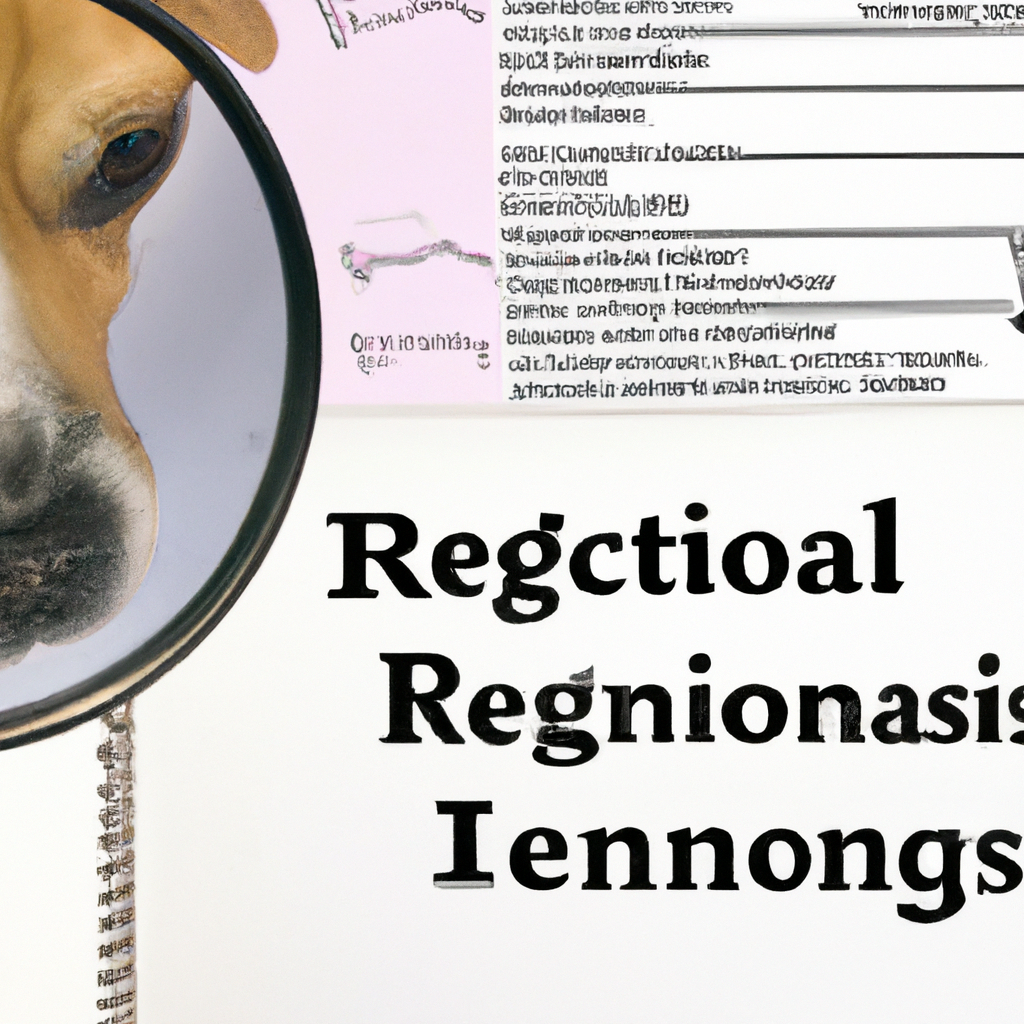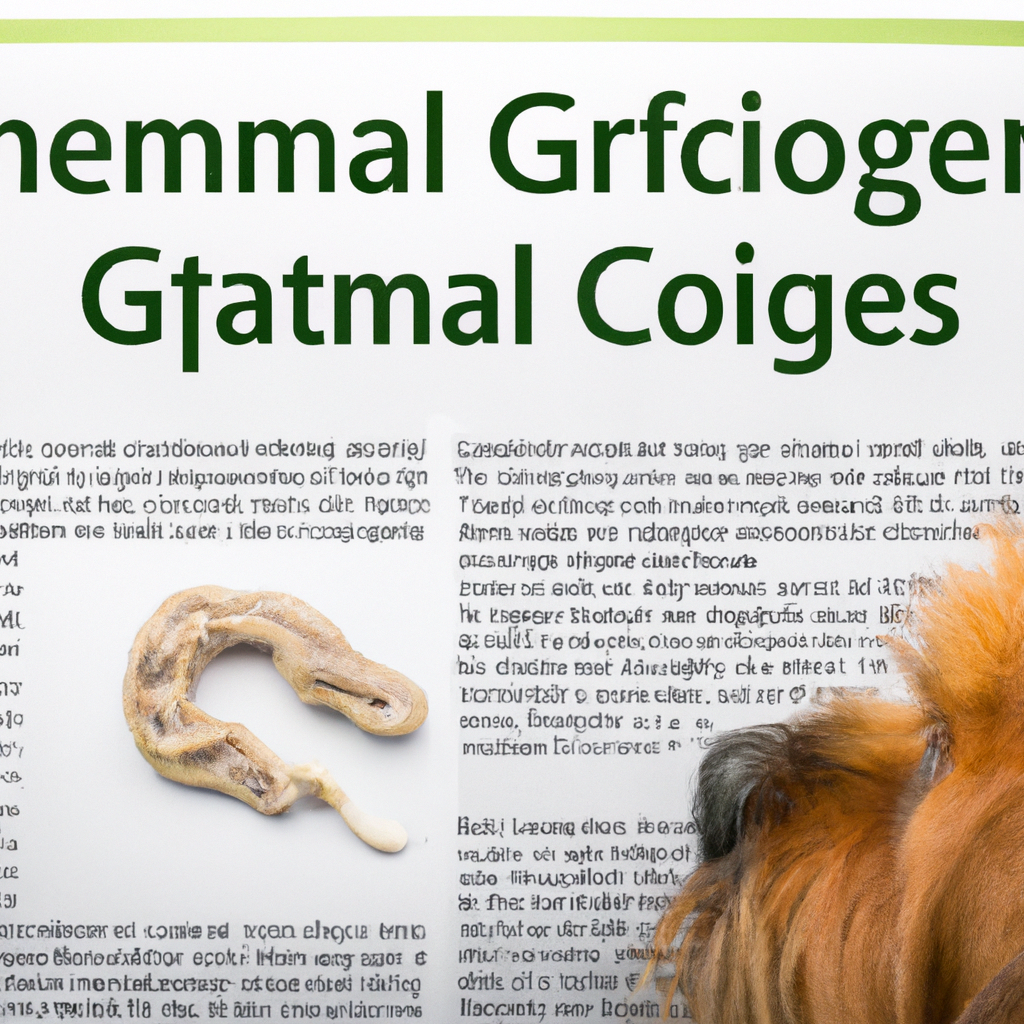The Role of Proper Nutrition in Preventing and Managing Joint Issues in Dogs
The Role of Proper Nutrition in Preventing and Managing Joint Issues in Dogs Dogs, just like humans, can suffer

The Role of Proper Nutrition in Preventing and Managing Joint Issues in Dogs

Dogs, just like humans, can suffer from joint issues that can greatly affect their mobility and overall quality of life. Conditions such as arthritis, hip dysplasia, and ligament injuries are common in dogs, especially as they age. While genetic factors and physical activity levels play a role in the development of joint issues, proper nutrition also has a significant impact on preventing and managing these conditions.
The Importance of Balanced Diet
A balanced diet is essential for maintaining a dog’s overall health and well-being, but it becomes even more crucial when it comes to joint health. Essential nutrients like protein, omega-3 fatty acids, glucosamine, and chondroitin sulfate are key components in supporting healthy joints.
Protein is necessary for the growth, repair, and maintenance of tissues, including cartilage and muscles, which support and protect the joints. Incorporating high-quality protein sources such as lean meats, fish, and eggs into a dog’s diet is vital.
Omega-3 fatty acids are known for their anti-inflammatory properties and can help reduce joint pain and swelling. Foods rich in omega-3s, such as salmon, sardines, and flaxseed, can help alleviate joint discomfort in dogs.
Glucosamine and chondroitin sulfate are natural compounds that aid in cartilage formation and repair. These nutrients can improve joint function and reduce the progression of joint degeneration. Many commercial dog foods and supplements now include these additives to promote joint health.

The Role of Weight Management
Maintaining a healthy weight is crucial in preventing and managing joint issues in dogs. Extra weight places unnecessary stress on a dog’s joints, increasing the risk of developing joint problems or worsening existing conditions.
Feeding a balanced diet in appropriate quantities and monitoring caloric intake is essential for weight management. Overfeeding and excessive treats can lead to obesity, which can significantly impact joint health. Consultation with a veterinarian regarding portion control and the right diet plan for a dog’s specific needs is highly recommended.
Additional Considerations
In addition to proper nutrition and weight management, regular exercise tailored to a dog’s individual needs can help improve joint health. Low-impact activities like swimming and gentle walks can provide both physical and mental stimulation without putting excessive strain on the joints.
Supplements, such as fish oil or specific joint-supporting formulas, can also be beneficial for dogs with existing joint conditions. However, it is important to consult with a veterinarian before introducing any supplements to ensure optimum health benefits and proper dosage.
A balanced, nutritious diet coupled with weight management and exercise is the foundation for preventing and managing joint issues in dogs. By promoting and maintaining healthy joints, dog owners can contribute to their furry companions’ overall well-being and happiness.
Remember, your veterinarian is the best resource for advice and guidance tailored to your dog’s specific dietary and joint health needs. Together, you can provide the best care possible to ensure your dog enjoys an active and pain-free life!






